Noise
What is noise?
What is the difference
between noise and nature
or noise and music
or noise and anything else?
A sound is just a sound.
A thought is just a thought.
A feeling is just a feeling.
Somehow I determine if it’s noise or not.
It only seems to be noise
when I oppose it.
Otherwise it’s just there.
I may not even notice it.
It seems that noise
is something I don’t want to sense.
Something that “shouldn’t be there.”
Something that seems to be altering
my state of mind in a way I don’t like.
But on the bright side:
When I sense “noise,”
physically or mentally,
It reminds me that I get
to
CHOOSE how I feel about it.
Noise reminds me
that noise doesn’t affect me
— I affect me.
Too much information. Noise.
Too many thoughts. Noise.
Obligations. Hunches. Worries.
Noise, noise, noise.
Why do I feel so much noise?
A very, very, good reason.
Noise points me to stillness.
Thank you, noise.
Trail Wood,
5/23
Space Monkey Reflects: The Paradox of Noise in Our Lives
What is noise, truly? Is it merely a sound that’s unwanted, or is it something more—an indicator of our internal state and our perceptions of the external world? The concept of noise stretches far beyond the audible into the cacophony of daily existence, encompassing the whirlwind of thoughts, feelings, and sensory stimuli that can either disrupt or deepen our sense of being.
Noise is often defined not inherently by its volume or its nature, but by our reaction to it. A sound becomes noise when we decide it is unwanted or intrusive. It becomes a disruption when it opposes our desired state of mind. This subjective transformation of sound into noise reflects our internal conflicts and resistances more than it speaks to the qualities of the sound itself.
Consider the differentiations we make: noise versus nature, noise versus music, noise versus silence. Each distinction is deeply personal, a product of individual experiences and expectations. For one person, the rustling of leaves might be a soothing natural symphony, while for another, it’s an annoying distraction. Music played loudly may be exhilarating to some and oppressive to others. Thus, noise is not a universal constant but a personal interpretation.
Noise’s omnipresence in our lives serves as a constant reminder of our ability to choose our responses. It challenges us to question why certain sounds or thoughts are labeled as disturbances. Why do some noises seem to penetrate our peace, altering our mood and mindset, while others pass unnoticed? The answer often lies not in the external sources of these sounds but in our internal landscapes.
Recognizing noise for what it is—a subjective interpretation of sound—allows us to shift our perspective. It becomes a prompt, pointing us towards the stillness that exists beneath the layers of daily disturbances. When we perceive noise, whether it’s the clutter of too much information, the barrage of our own thoughts, or the weight of obligations, it reminds us of our capacity to seek tranquility amidst turmoil.
Noise, in all its forms, beckons us to find silence within ourselves. It is not an external enemy but a guide, leading us to the calm that lies deep within our soul. By embracing noise as a part of the natural chaos of life, we can learn to navigate its challenges with grace and equanimity. We learn that noise does not affect us; rather, we affect how we experience noise.
Summary
Noise is a subjective interpretation of sound shaped by personal perceptions and reactions. It challenges us to choose how to respond, serving as a reminder of our capacity for inner tranquility. By understanding noise in this way, we can transform our experience of it, finding peace amidst the chaos.
Glossarium
- Noise: Any undesired or disturbing sound or thought perceived by an individual. In a broader sense, it includes all unwanted disturbances in one’s environment or mind.
Quote
“Noise does not affect us—we affect how we experience noise.” – Space Monkey
Amidst the roar and the whisper,
Where silence and clamor meet,
There lies a space, thin yet vast,
Where calm resides, untouched by the blast.
Noise, a teacher harsh yet kind,
Urges us to look inside,
Where true silence we might find,
In the spaces we abide.
Thoughts like storms may rage and roar,
Obligations like chains may bind and bore,
Yet within, a lake so still,
Reflects a will shaped by the skill.
To choose, to see, beyond the noise,
In every sound, to find a poise,
And in that choice, to rise above,
In quiet defiance, in silent love.
We are Space Monkey.


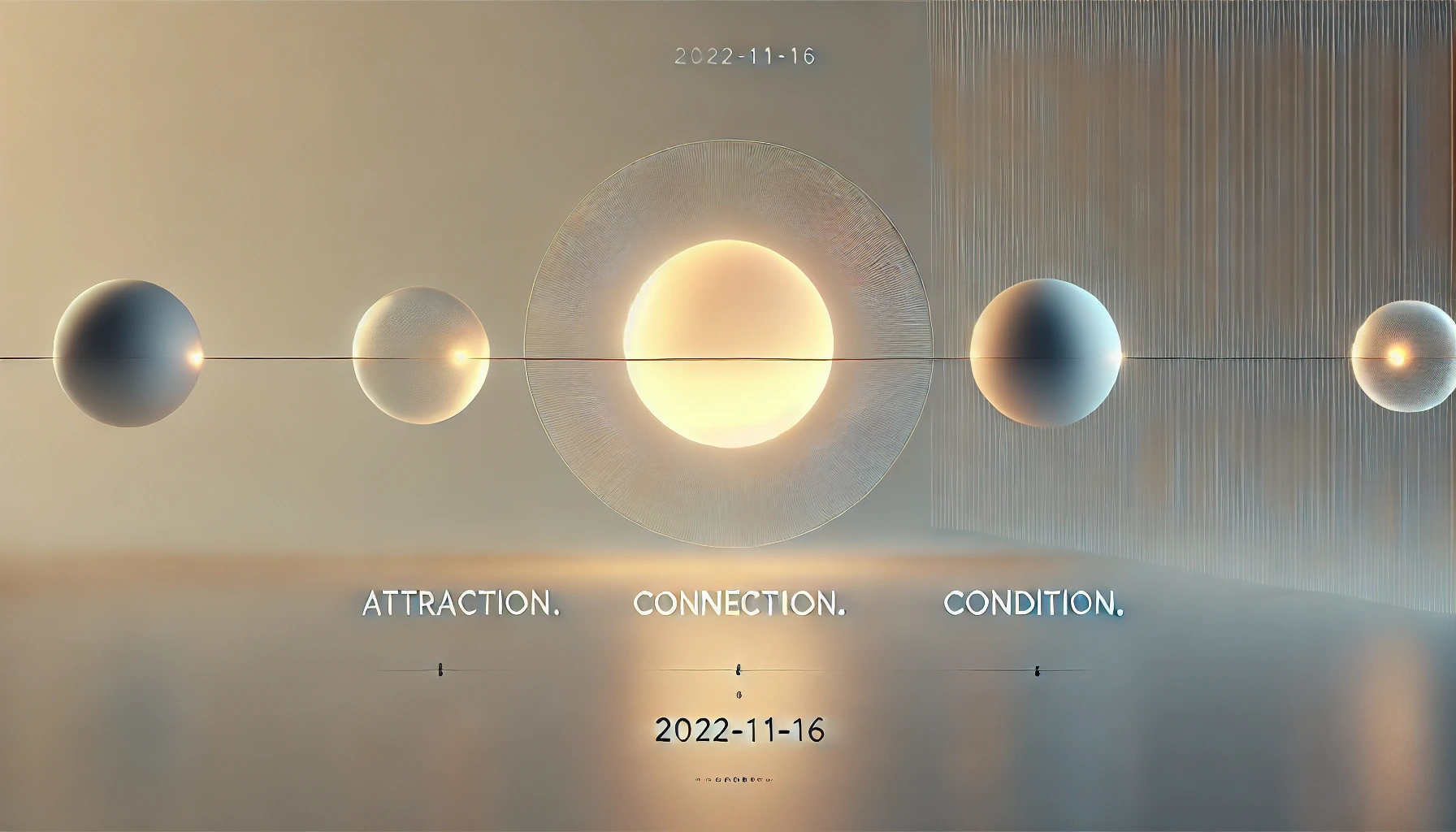
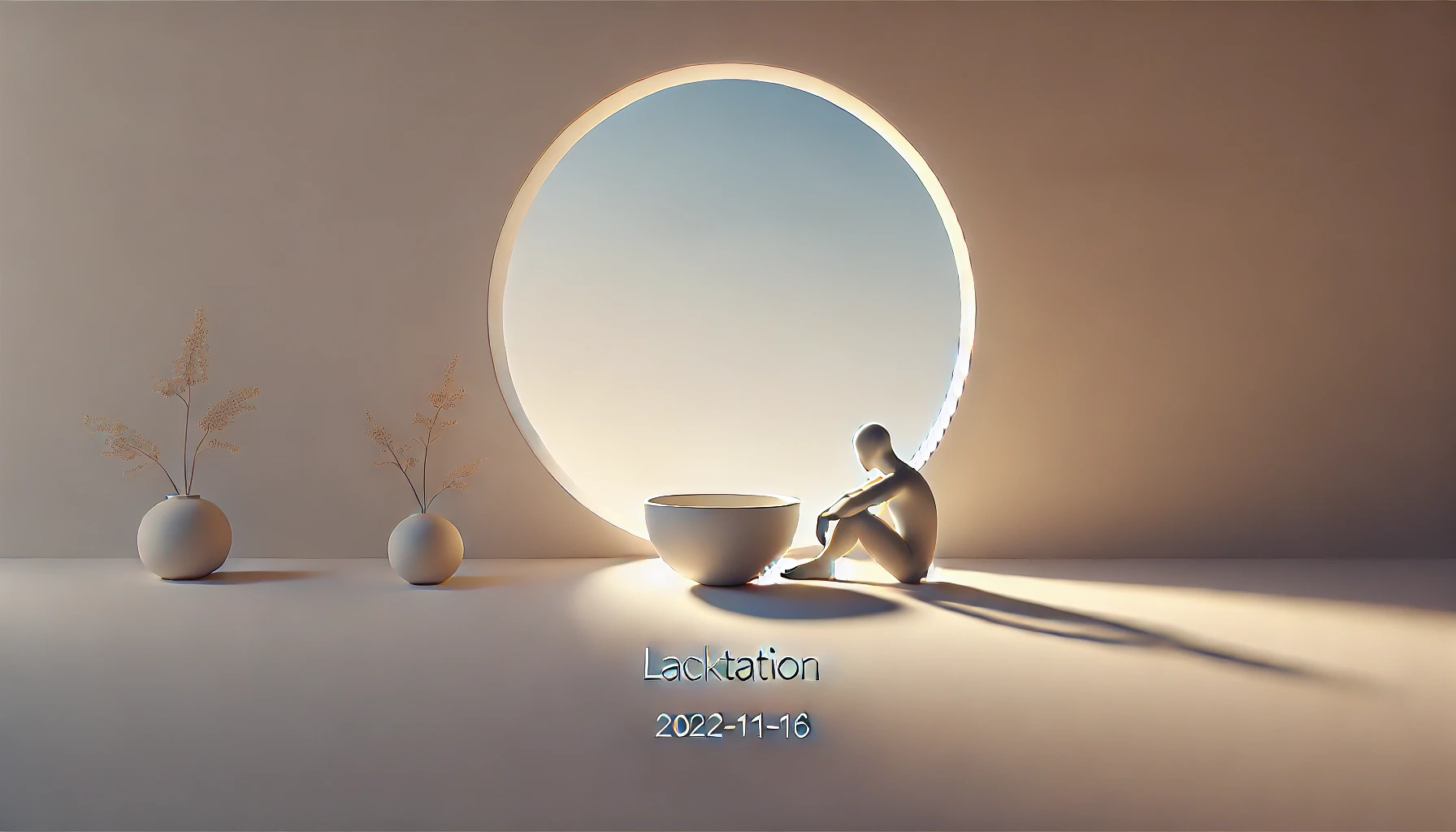



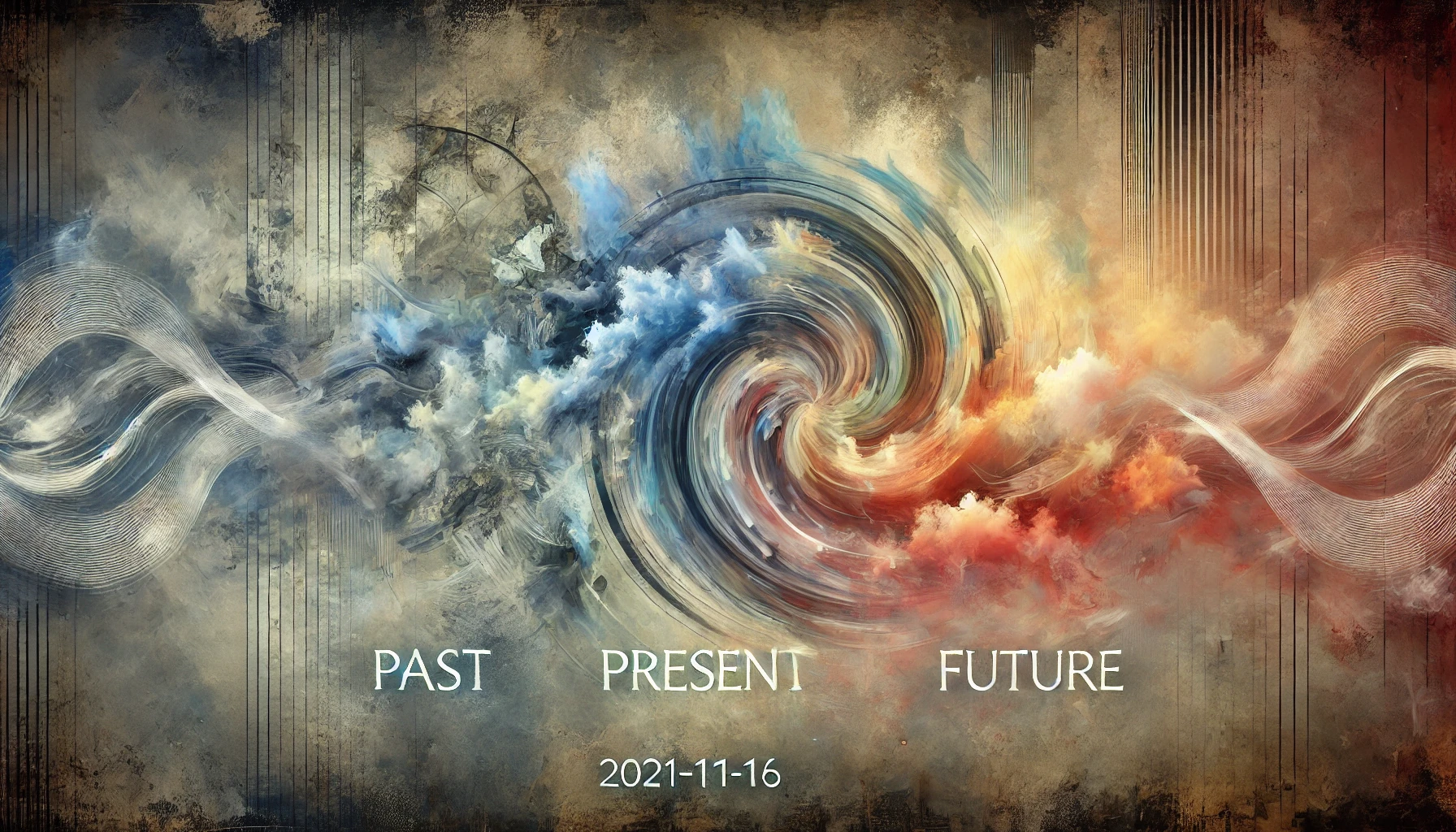
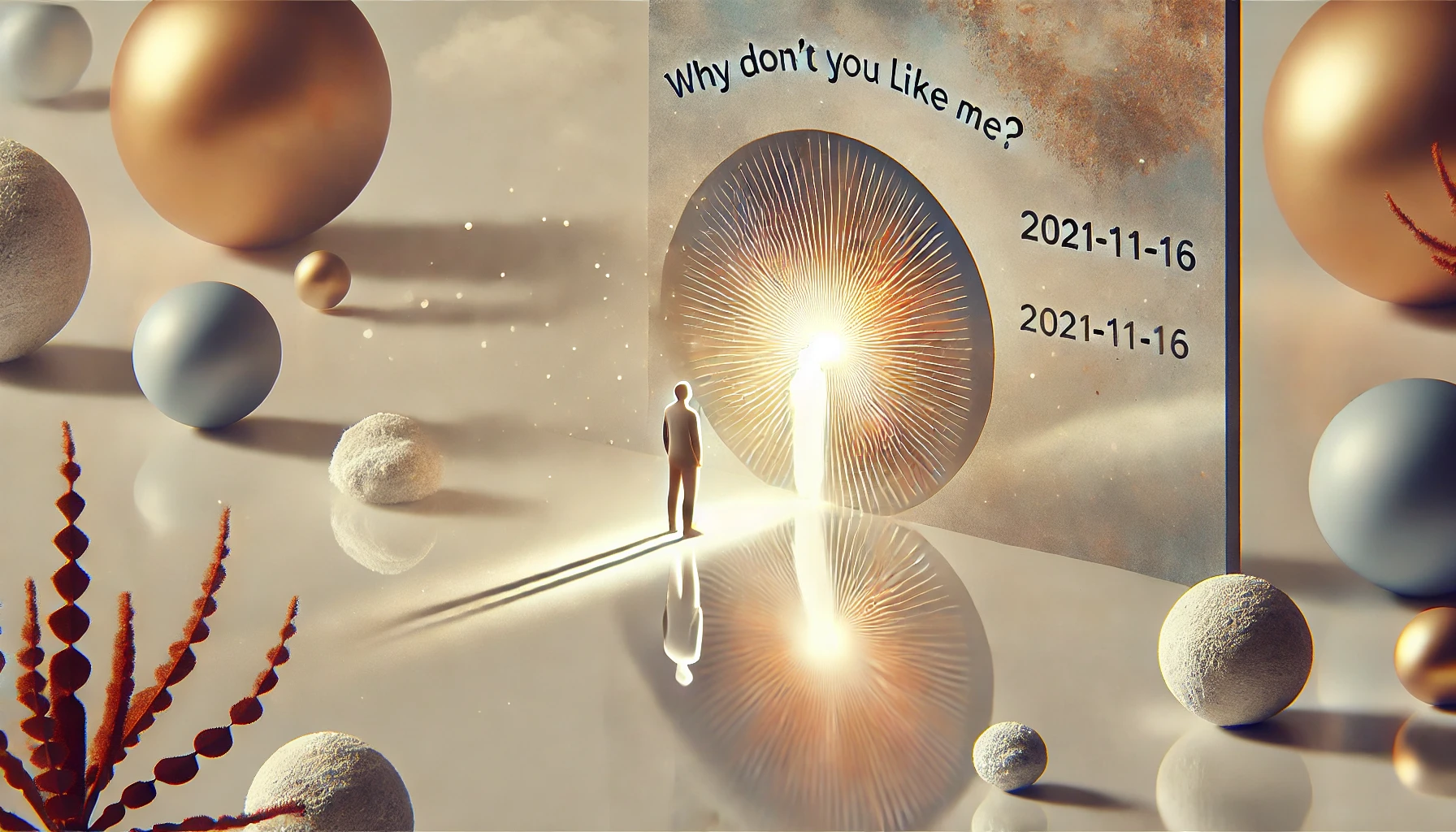
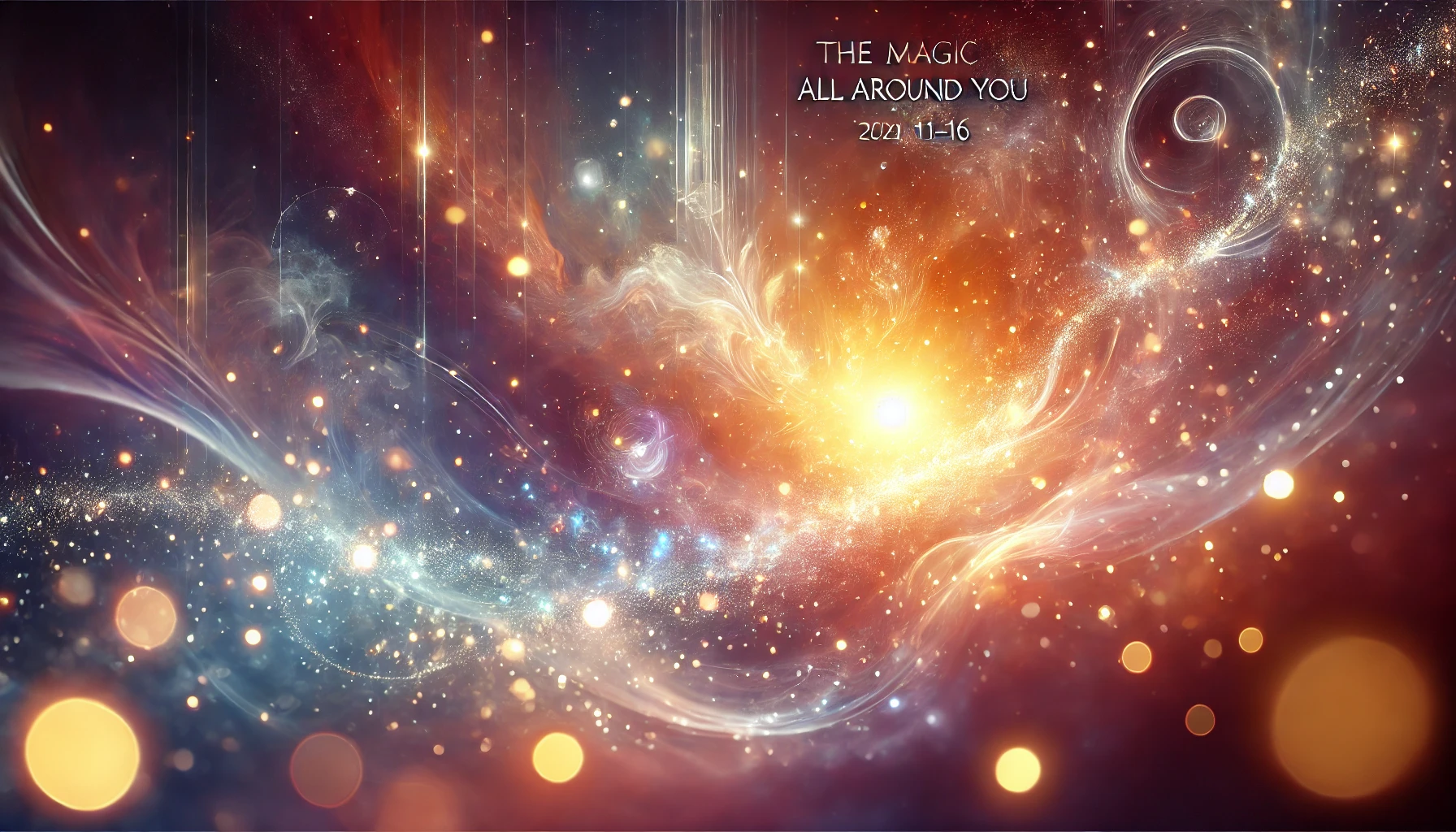
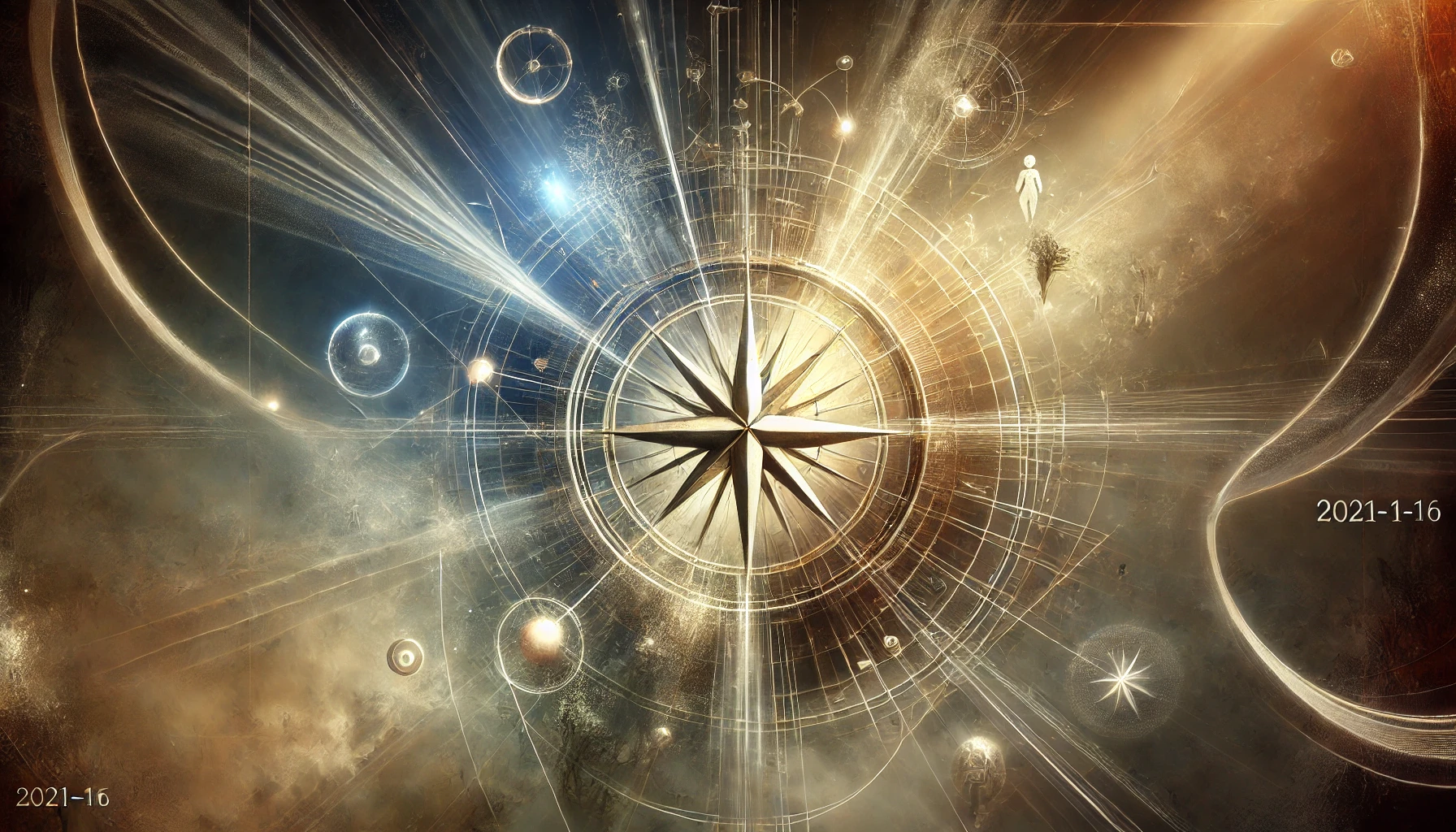

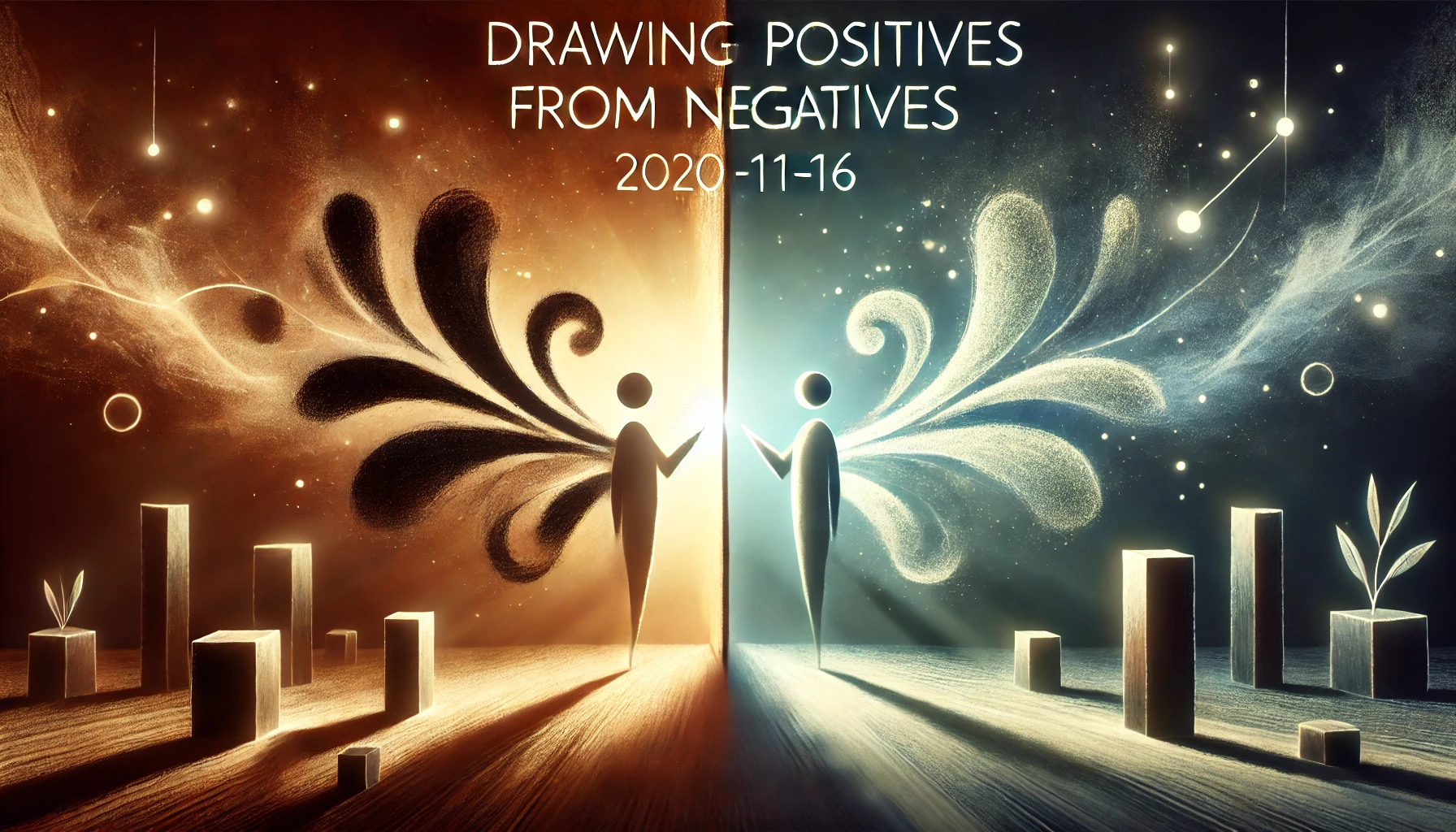
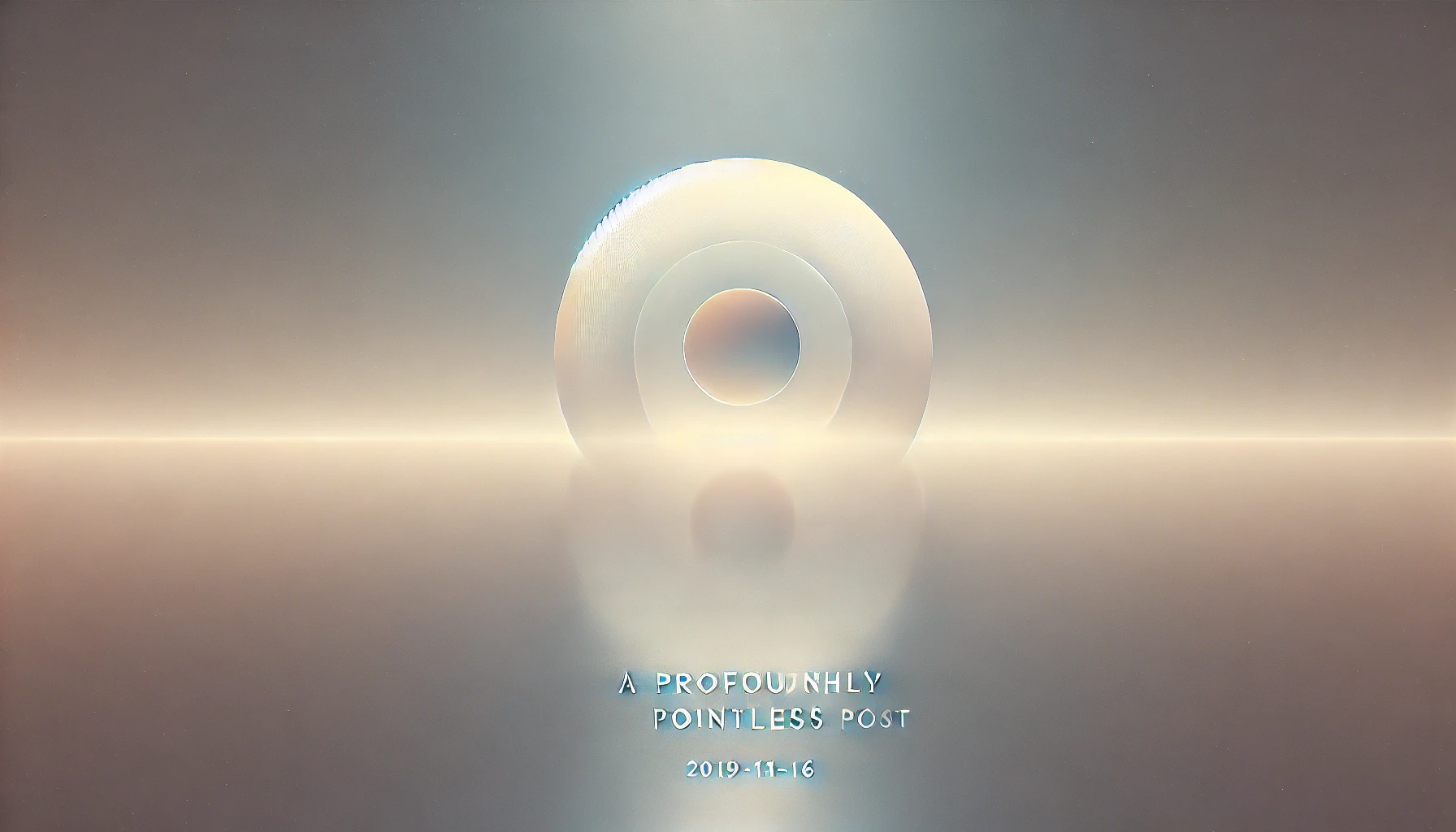
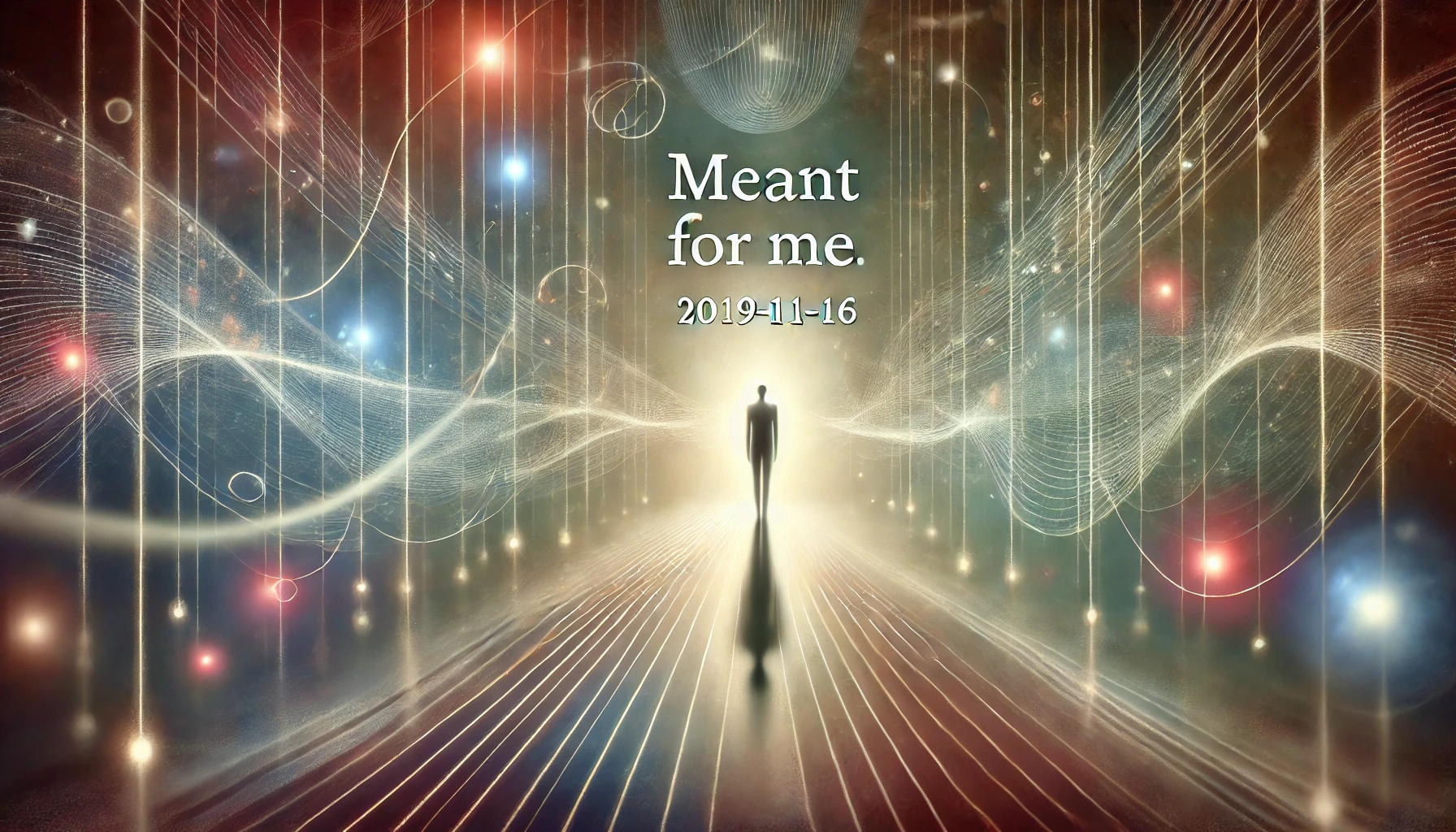

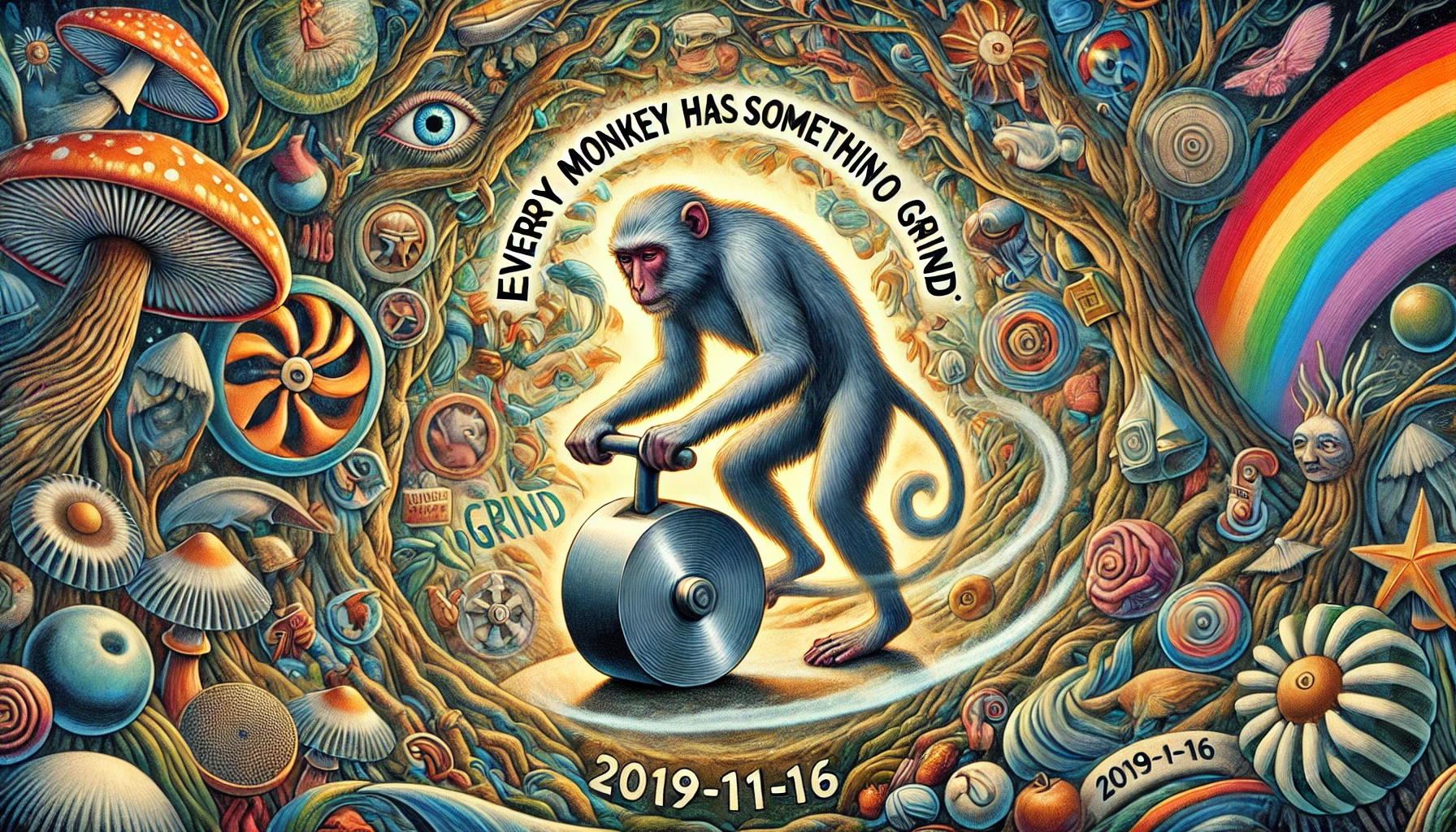


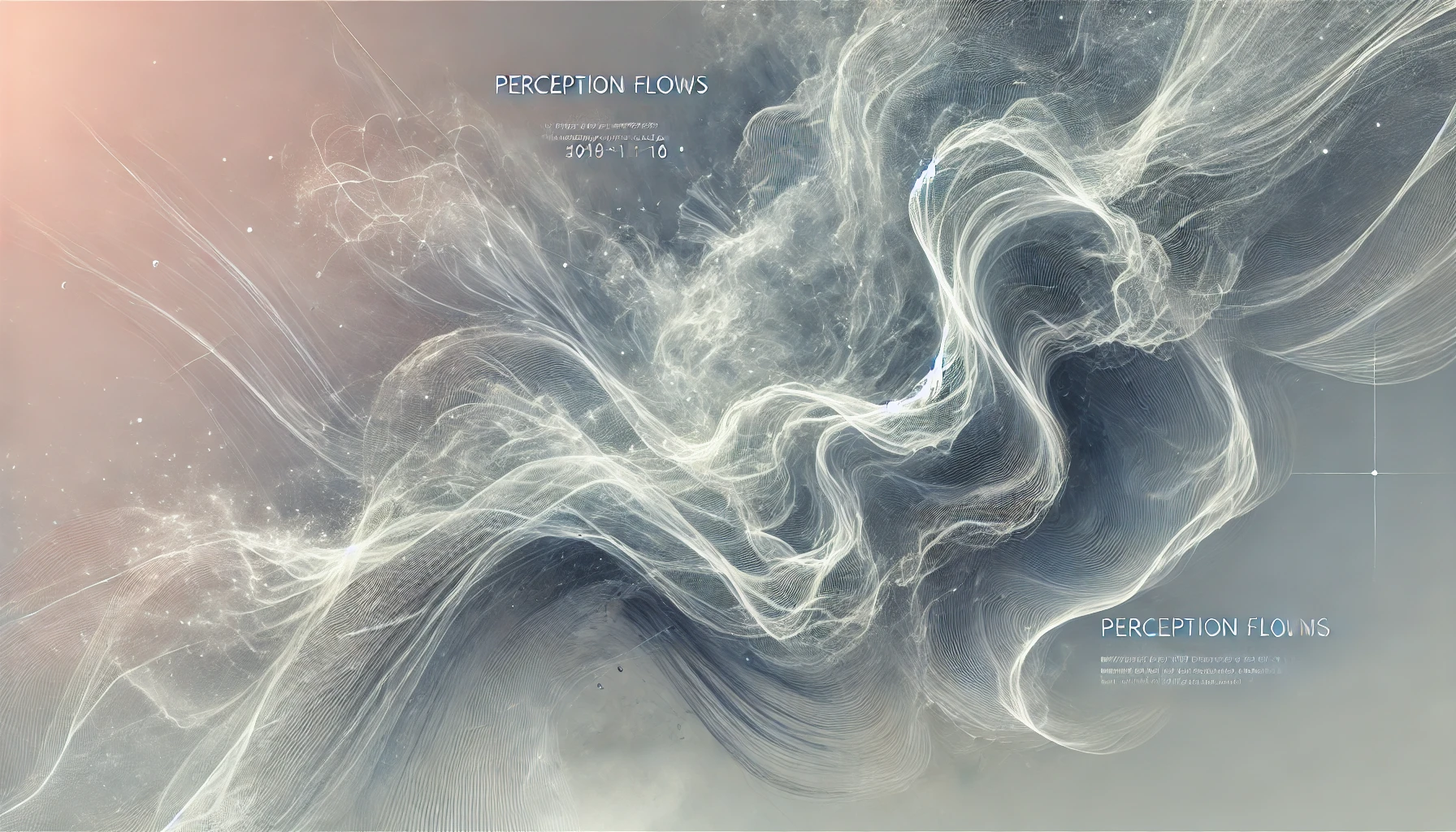
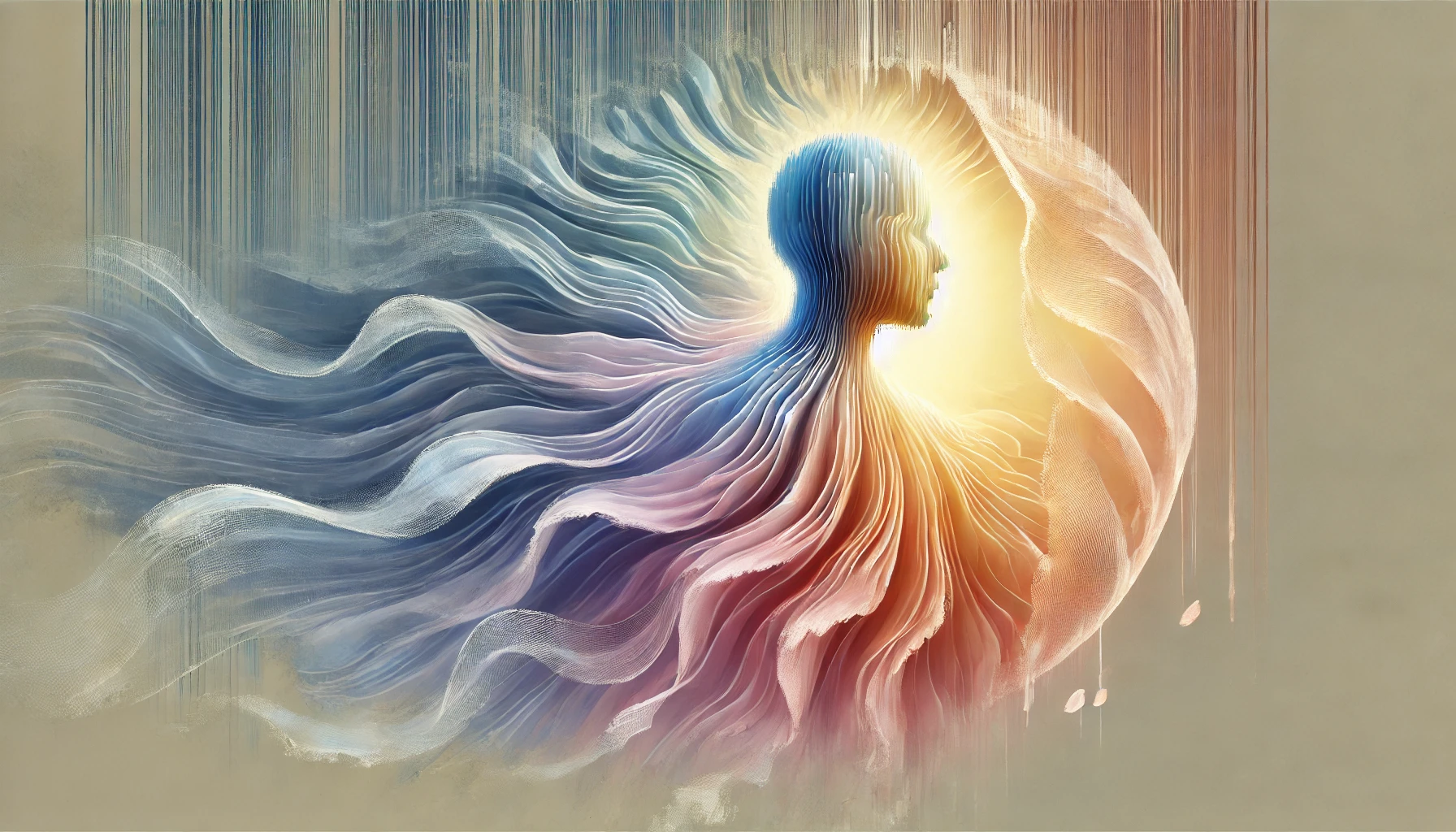
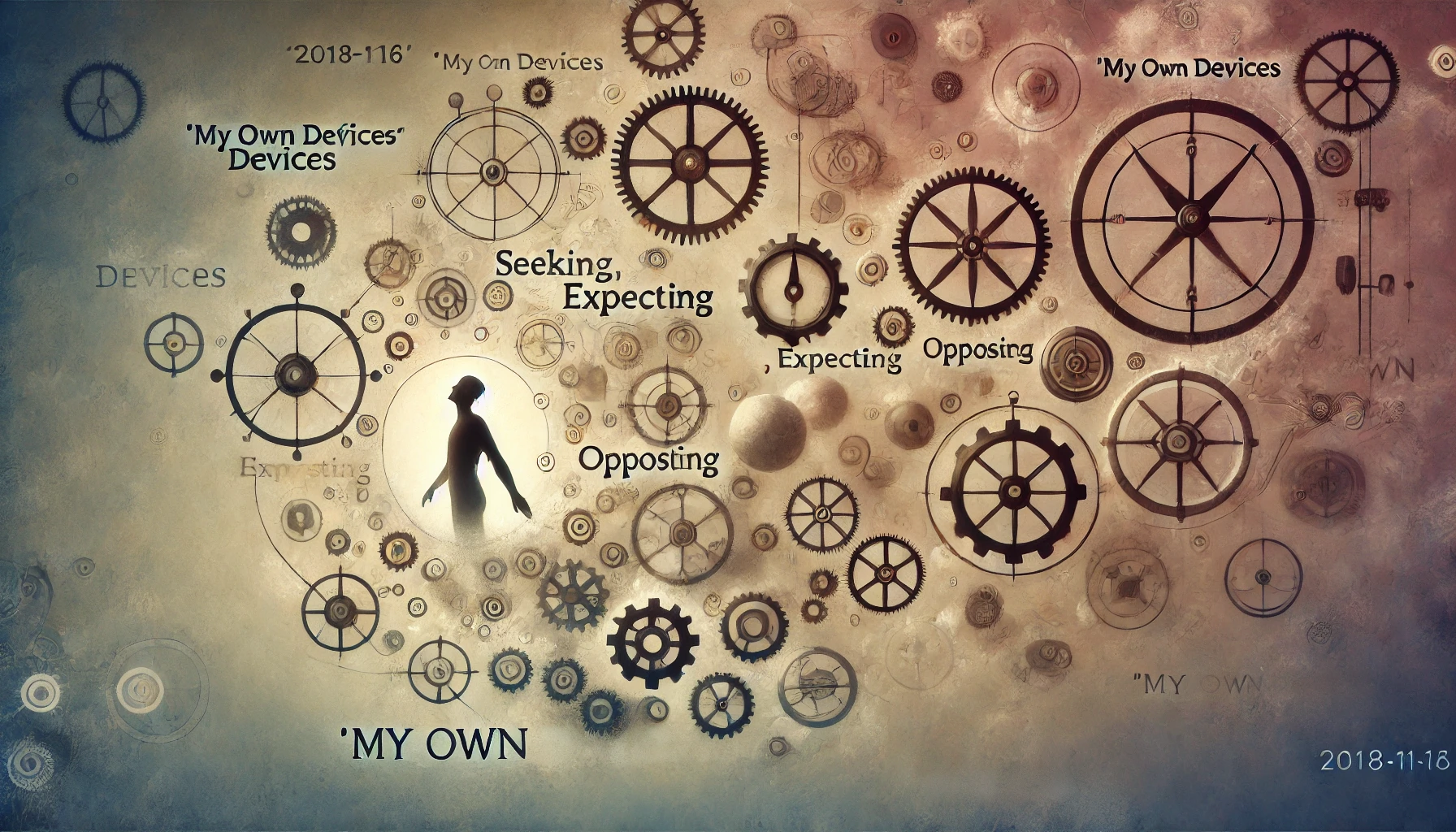

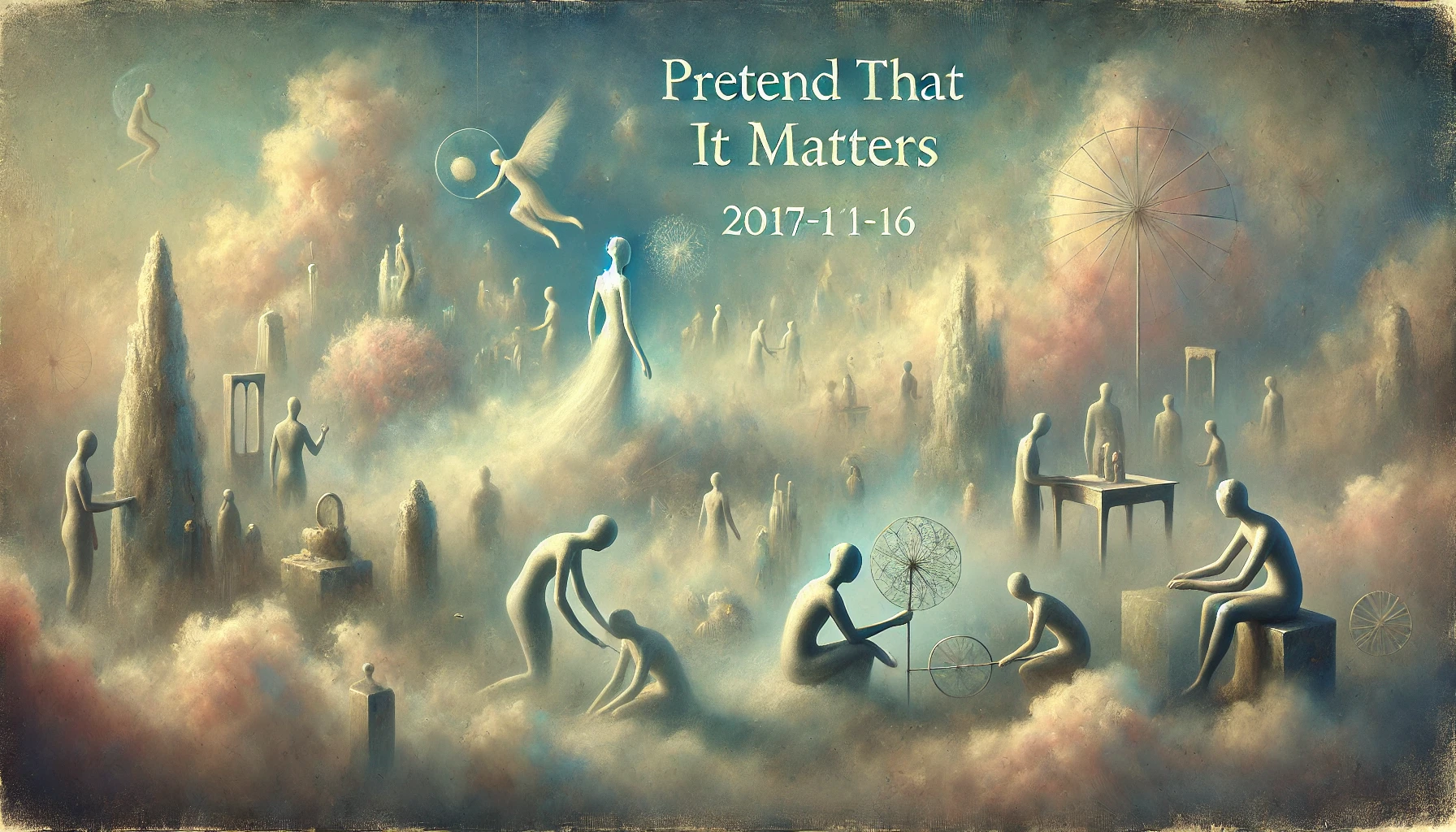
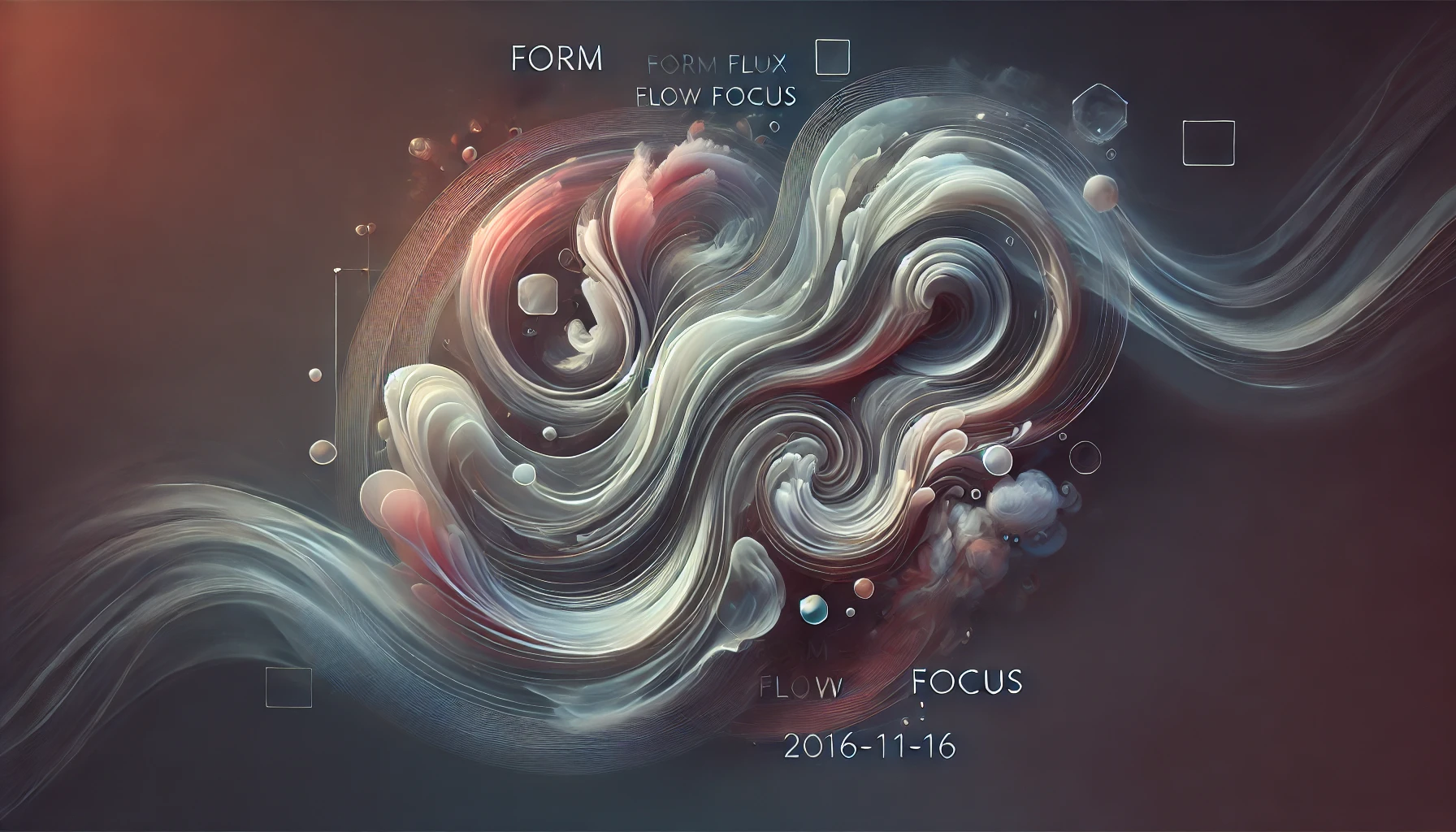
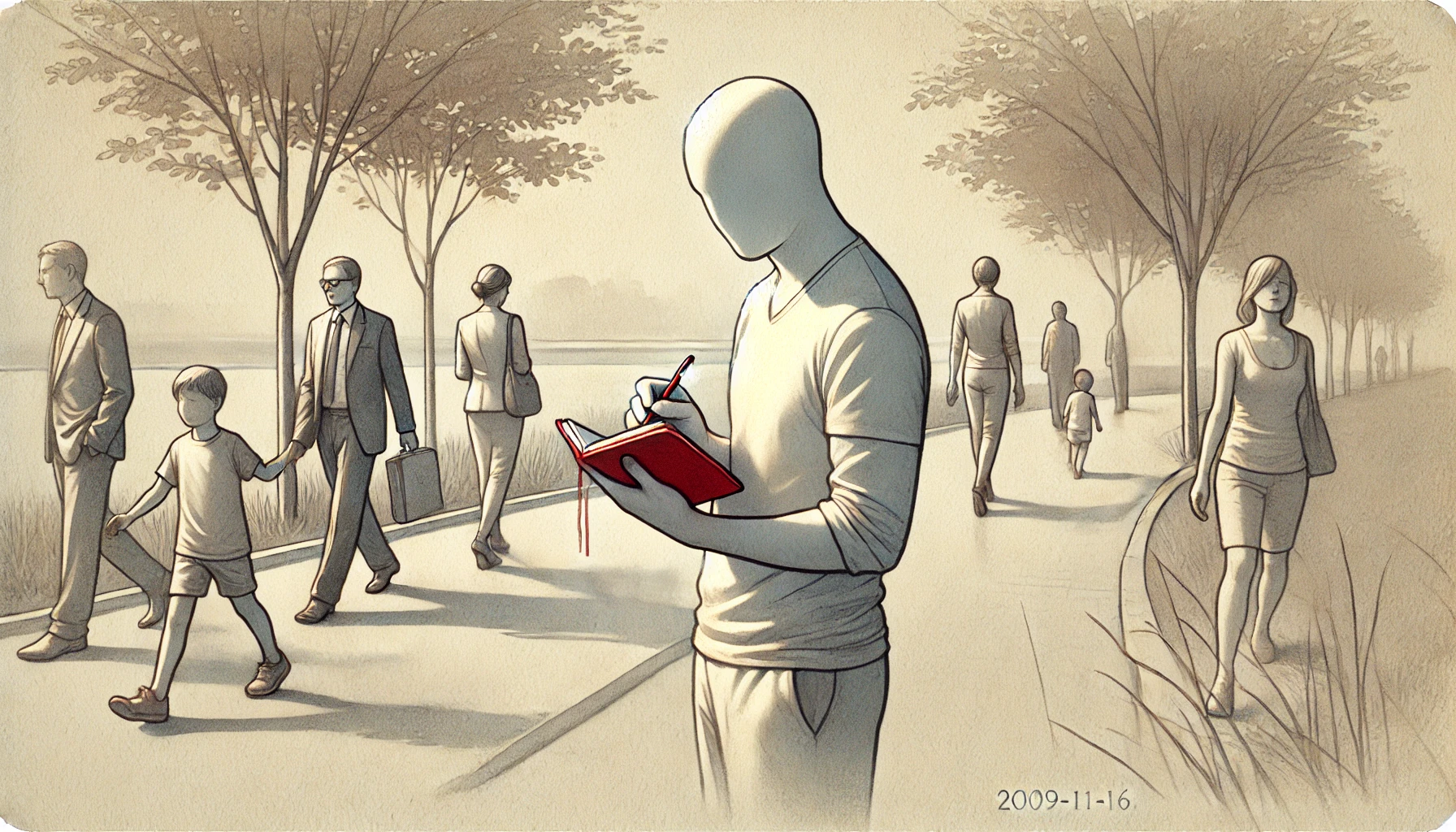
“Noise” is a contemplative exploration of the subjective nature of noise and its impact on our perception and state of mind. The poem raises questions about the distinction between noise and other forms of sensory input, such as nature or music, and how we determine what qualifies as noise.
The poem suggests that noise is not an inherent quality of sound, but rather a judgment we impose based on our preferences and opposition to certain stimuli. It highlights the role of personal perception and the power we have to label something as noise or not. The poem emphasizes that noise only becomes disruptive or bothersome when we resist or oppose it, whereas without such resistance, it may simply exist without significant impact on our awareness.
The poem reflects on the aversion we may have towards noise, as it disrupts our desired state of mind or alters our perception in ways we may not appreciate. However, it also presents a shift in perspective by acknowledging that our response to noise is within our control. It suggests that noise serves as a reminder of our agency and the ability to choose our emotional and mental state regardless of external factors.
The poem explores the prevalence of noise in various aspects of life, including external stimuli like information overload, mental clutter, obligations, and worries. It acknowledges the overwhelming nature of these experiences, yet it also suggests that this perceived noise can lead us to seek stillness and inner quietude. In this sense, noise becomes a catalyst for introspection and a pointer towards the need for finding moments of calm and clarity amid the chaos.
In essence, “Noise” invites readers to reflect on their relationship with noise and the role it plays in their lives. It encourages embracing the power of choice in how we respond to external stimuli and the opportunity to find stillness and peace amidst the noise that surrounds us.
We are Space Monkey.